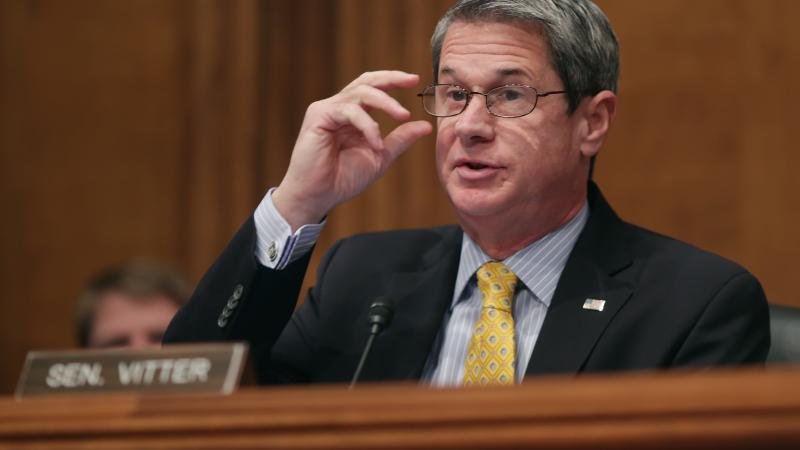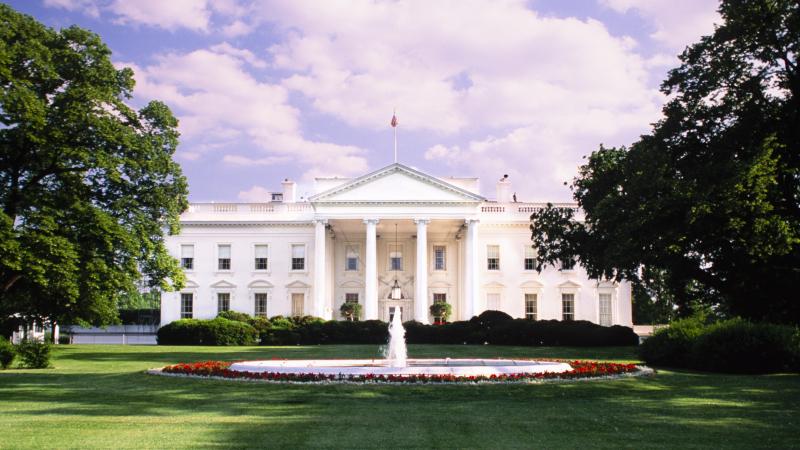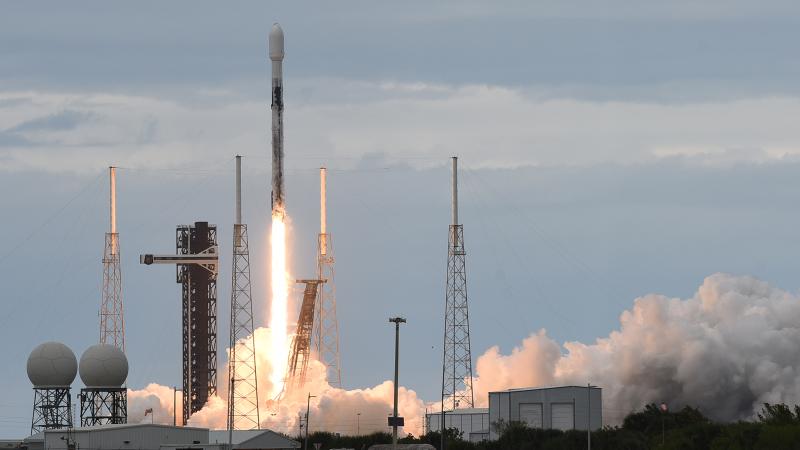A barrage of election lawsuits threaten to delay final results for weeks or more
Many states are looking to the U.S. Supreme Court to decide whether mailed ballots can be accepted after Election Day.
With memories of Bush v. Gore in 2000 hanging over this Tuesday's presidential election, a record number of mail-in ballots has resulted in a large number of court cases across the country in many battleground states. They range from local cases all the way up to the Supreme Court, and cover a wide range of issues. The rulings could determine the outcome of the election, as most of the focus is on whether or not ballots will be accepted after Election Day, and by how many days.
Election rules differ from state to state, which is why some extensions are allowed while other states have clear rules on an Election Day deadline.
The former Attorney General of Kansas Phill Kline told Just the News that only valid votes should be counted.
"It's this type of after-Election Day finding of ballots that invites the most significant fraud because then you know the number of ballots you need to win," Kline said in an interview
"You just don't invite this after-the count-go-find-your-ballots-to-win type of approach to elections," Kline argued, "and unfortunately that's what many blue state governors and election officials are trying to do."
Kline explained that the push to change the rules in the middle of an election is like someone reserving the right to change the rules of baseball during the middle of a game. "We should not invite fraud in such a significant election, but unfortunately in much that's been done, we've taken down our guard to allow it,” he said.
The following is a list of the major court cases filed in relation to mail-in ballots and deadlines for receiving ballots in each state.
Minnesota:
A federal appeals court determined that all mail-in ballots must be received by Election Day in order to count. The 2-1 decision by the 8th U.S. Circuit Court of Appeals eliminates a week-long, post-Election Day grace period for late ballots ordered by Minnesota's secretary of state. A state law says ballots delivered to election officials after 8 p.m. on Election Day are to be considered late, and any received after that should be set aside and not counted.
North Carolina:
The Supreme Court voted 5-3 to leave the state's Nov. 12 deadline in place, allowing for mail-in ballots to be received and counted for up to nine days after Election Day.
Pennsylvania:
The Supreme Court left in place a grace period that will allow ballots to be accepted up to three days after the election, even without a postmark. The secretary of state says unless there is evidence the ballot was mailed after the deadline, they will be accepted.
Wisconsin:
The Supreme Court determined Monday that Wisconsin can't accept ballots after the polls close. The court ruled 5-3 against the request to extend the deadline six days after the election. The state will require all ballots to be received by Election Day in order to count.
Hans von Spakovsky, manager of the Election Law Reform Initiative at the Heritage Foundation, estimated that there have been more than 150 lawsuits filed across the country, "most by the Democratic Party or liberal advocacy groups."
Besides the issue of extending deadlines to count votes after Election Day, other key issues have included requiring witnesses when signing mail-in ballots, "the removal of security protocols such as voter ID laws," and allowing "vote harvesting in states where it is not permitted."
Bush v. Gore was limited to certain parts of a single state, Florida. This year there could well be multiple states having their electors determined by the U.S. Supreme Court.
SCOTUSblog and the Public Interest Legal Foundation are two excellent resources following the rulings in the various cases.















